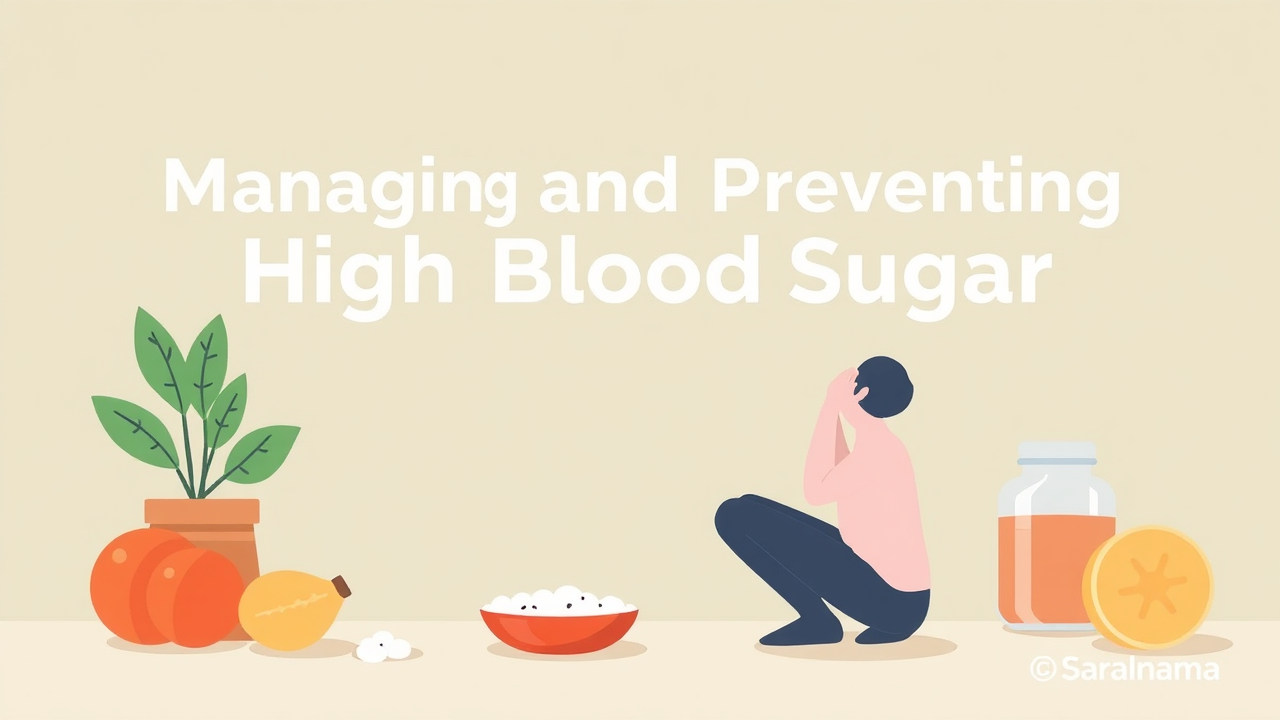Excessive sugar in the body can trigger various warning signs that should not be ignored. Medical experts explain that symptoms like constant thirst, frequent urination, unusual fatigue, and sudden hunger pangs may indicate high blood sugar levels. When blood sugar rises, kidneys attempt to remove excess glucose through urine, leading to increased bathroom visits and dehydration. Other indicators include blurred vision caused by fluid imbalance in the eyes, slow wound healing due to damaged blood vessels, and difficulty concentrating as unstable sugar levels interfere with brain function. Skin changes such as dark spots, pigmentation, or skin tags around the neck area can also signal elevated sugar. Even without a diabetes diagnosis, prolonged high sugar intake stresses the body and raises future health risks. Recognizing these combined symptoms early allows for timely blood tests and lifestyle adjustments. Simple changes in diet, physical activity, sleep, and stress management can effectively maintain healthy sugar balance and prevent serious complications.

Managing and Preventing High Blood Sugar Through Lifestyle Changes
Lifestyle modification remains the most effective approach to controlling sugar levels. A balanced diet featuring whole foods, lean proteins, healthy fats, fruits, and vegetables helps prevent glucose spikes. Experts recommend reducing processed carbohydrates, sugary snacks, and sweetened beverages significantly. Regular physical activity such as walking, exercising, or even household chores enables the body to utilize sugar more efficiently. Adequate sleep, stress management, and proper hydration also play crucial roles. If symptoms persist, simple blood tests like fasting sugar or HbA1c can provide clarity. Early intervention through consultation with healthcare professionals helps create personalized treatment plans, reducing sugar consumption and improving overall quality of life while preventing larger health complications down the road.
Source: Link
